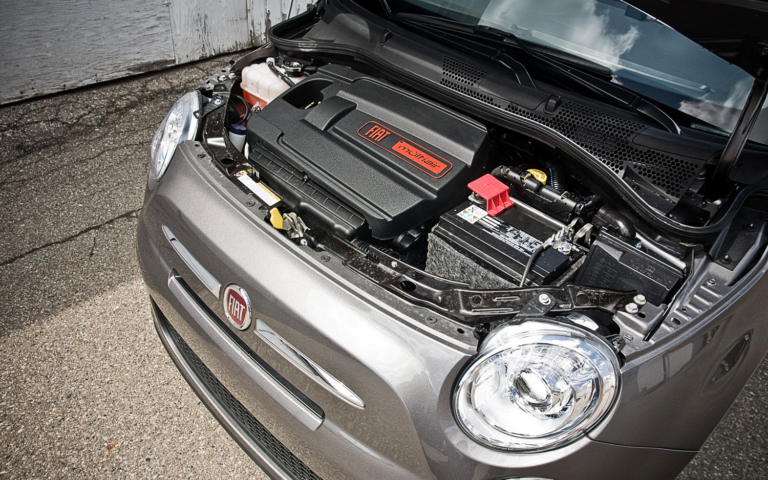
Apple came out for right to repair. Toyota should too.
In August, Apple declared support for California’s right to repair bill. Plausibly, their reason for an about face to supporting right to repair is that regulation will provide them a competitive advantage; because “Apple has been building an industry lead on repairable devices,” they are better positioned than competitors to comply. By advocating for SB right to repair laws, they can inflict compliance costs on less prepared competitors.
This idea begs the question—why aren’t car companies jumping on the same opportunity? Some car brands intentionally design for repairability while others do the opposite. Take for example Toyotas: the tools needed are few and non-proprietary. The manuals are extremely informative and robust, and they provide a website with the manuals and a lot of other information. For any given repair, there are a thousand YouTube video tutorials.
My personal experience is with repairing a Toyota Camry and my Fiat 500. With my 2008 Camry’s 500 page manual and a single socket wrench from my home repair toolbox in hand, I successfully made a number of repairs. In contrast, changing my (beloved!) Fiat’s headlights is an ordeal involving multiple tools and uncomfortable inaccessible angles.
And yet, Toyota is fighting right to repair! In the US, it’s is a member of a lobbying group that paid for a “fear-mongering” advertisement suggesting right to repair will lead to stalking and sexual assault. In Australia, it directly lobbied against right to repair. While we’re at it, they’re transitioning to potentially less repairable bodies
Put simply, Toyota, is shooting itself in the foot.
If a right to repair law required car makers to make DIY repairs easy, similar to some proposed electronics repair laws, Toyota’s compliance would be trivial. A lot of their repairs already are easy, or at least easier than their competitors’ cars. Brands like BMW, Mercedes, and Fiat would have to do major redesigns, or at least replace a lot of weirdly shaped bolts and screws.
Plus, Toyota and subsidiary Lexus make the most reliable cars, so they make relatively less money off repairs. Over the lifetime of the car, total repairs cost a lot less for a Toyota than, say, a BMW. Also, because Toyotas are easier to repair, more non-dealer mechanics work on them, decreasing further Toyota’s income from repairs.
With strong right to repair laws, Toyota’s hard-to-repair competitors will have big expenses and big losses in income. Toyota will not. Advocating for right to repair can also improve their brand image because repair-ability signals quality. Advocating for right to repair is a big opportunity for Toyota. Plus, getting on board early could allow them to shape the laws to their preferences like Apple did.
Of course, there is presumably some reason Toyota is not doing this. One possibility is they view not BMW as their competitor but Honda, i.e., highly repairable reliable brands. Perhaps right to repair would simply gut their dealership repair income without inflicting competitors’ costs or increasing demand because their main competitors are similarly situated. It could also be that Toyota is following the preferences of dealerships. Or maybe they really believe independent dealerships will stalk and murder their customers.
Still, right to repair is a matter of time. Resistance is futile, and with the possible benefits to companies like Toyota, Honda, and Kia, for them it is also absurd. I strongly encourage highly repairable cars to lobby in favor of right to repair as a matter of good business and good citizenship.
 Fiat engine. Not much is exposed or accessible. |  Camry engine. Lots of parts are exposed and easily accessible |
